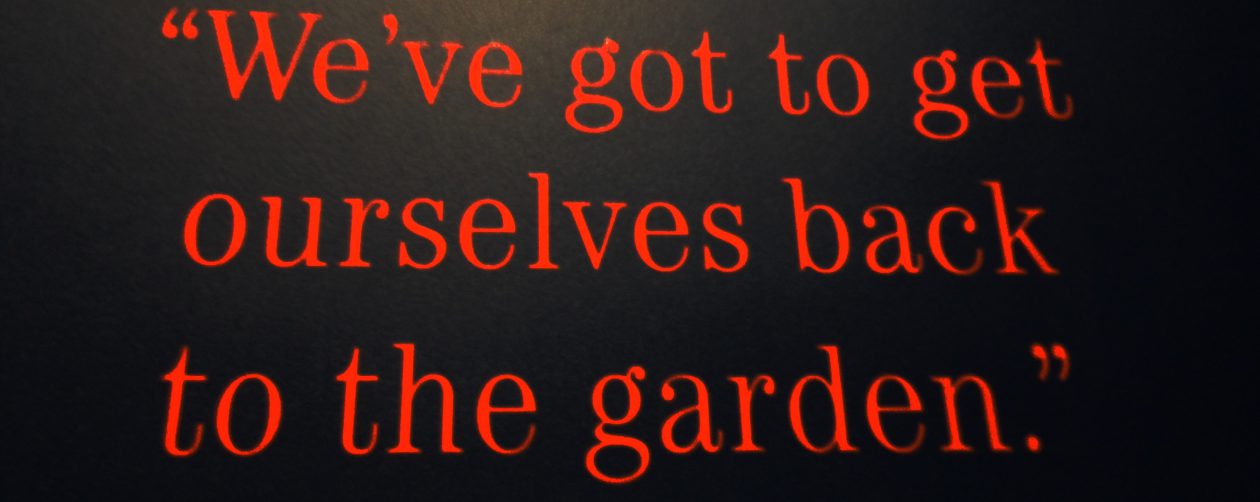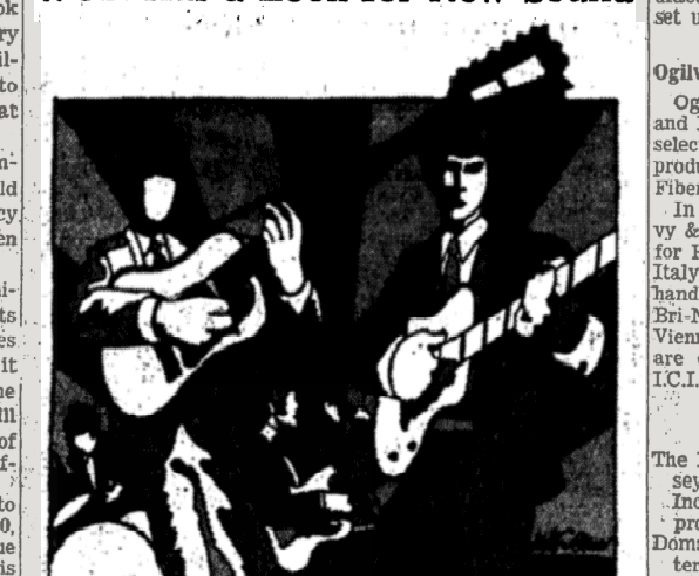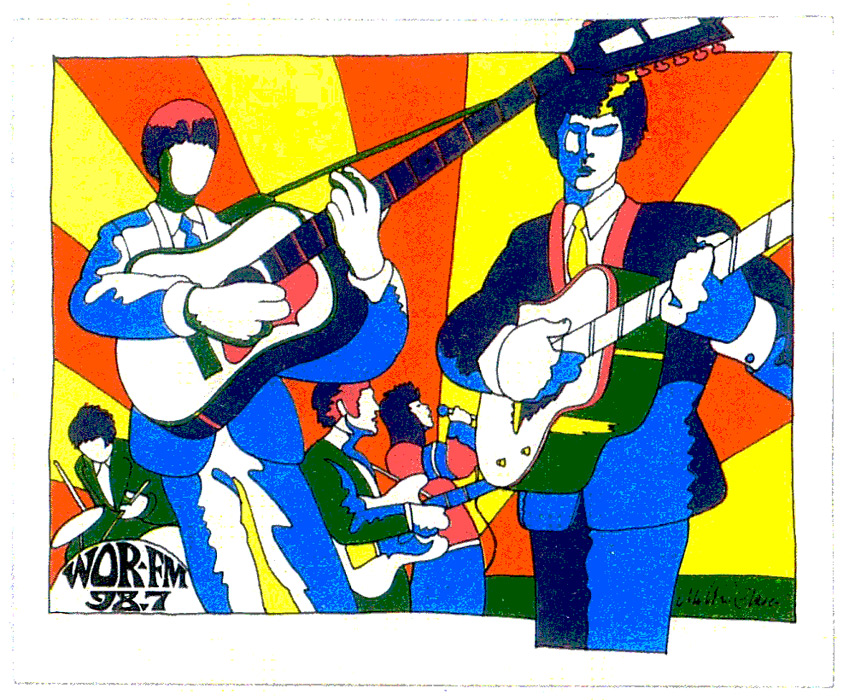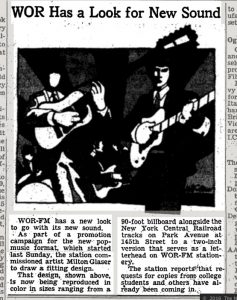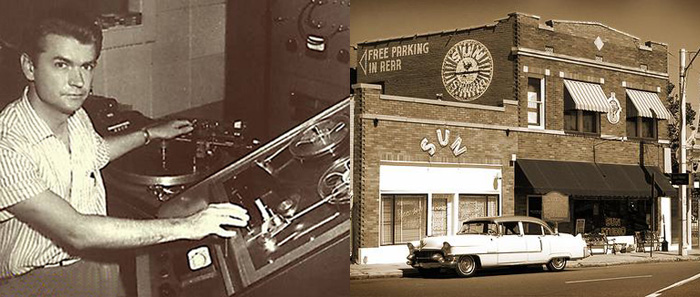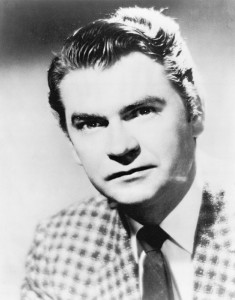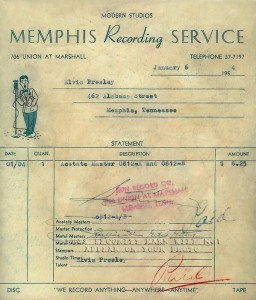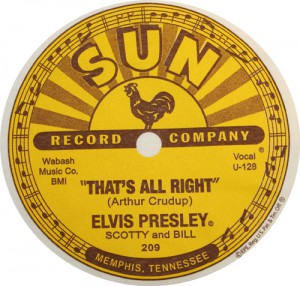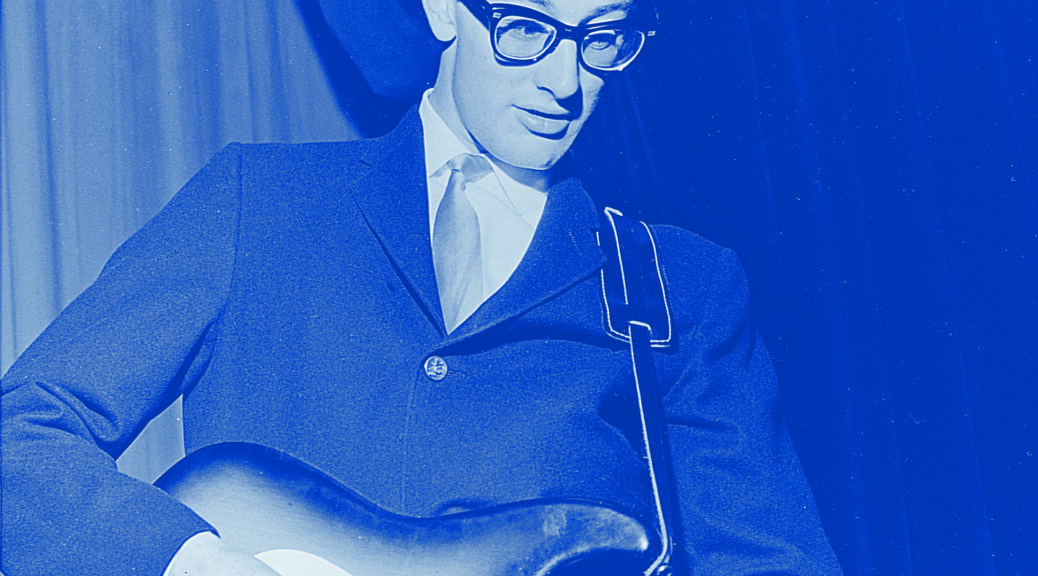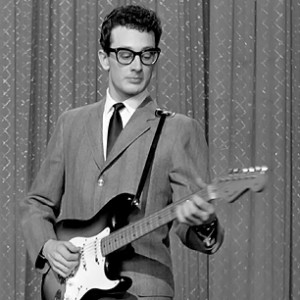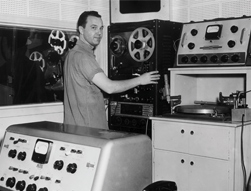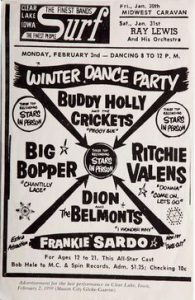WOR-FM Rocks
Sunday 31 July 1966
[The audio is NOT July 31, but Oct 8, 1966, the first day of DJs]
WOR-FM Rocks
Federal intervention
In July 1964, the federal government, via the Federal Communications Commission (FCC), adopted a non-duplication rule prohibiting FM radio stations in cities of more than 100,000 people from merely running a simulcast of the programming from their AM counterparts. Stations fought the rule and delayed implementation.
WOR-FM Rocks
Writing on the wall
Station owners did not succeed in their fight and many decided to experiment with the still new but growing rock genre. Soon rock FM stations dotted the land.
On June 16, 1966 WOR-FM announced it would be first New York City FM station to play rock and roll music on a “regular basis.”
WOR-FM Rocks
Finally rocks
And so on July 31, 1966 New York City’s WOR-FM began running a freeform-based progressive rock format for most of its broadcast day. Management was unable to come to an agreement with the American Federation of Television and Radio Artists (the union that represented on air talent). As a result, the DJ’s did not start until October 8.
WOR-FM Rocks
Not quite underground
Listening to the sample above from the first day of DJs playing (not particularly different from the previous months’ playlists), the listener will realize that the playlist was not particularly different from the AM pop radio playlists.
That difference would not happen until the FM DJs began to experiment play more album cuts of their own choice.
It was that difference, the question of choice versus the handing down from on high of a playlist, that soon separated FM “pop” stations using the Drake method of programming from the stations like WNEW-FM (also in NYC). WNEW-FM gave its DJs much more leeway when choosing what to play.
WOR-FM Rocks
Short-lived
After hardly more than a year of the new format with DJs, many of the original group left. Bill Mercer, or simply Rosko, was one of the more popular of WOR’s DJs. He brought a unique free style he brought to his shows. Fans loved him and it, but he realized that management did not want that style.
On October 2, 1967, less than a year after starting, Rosko announced his departure on the air. Click below to listen to a piece of it…
Rosko joined WNEW-FM shortly afterwards and the rest is another much more enjoyable history. NYT article
